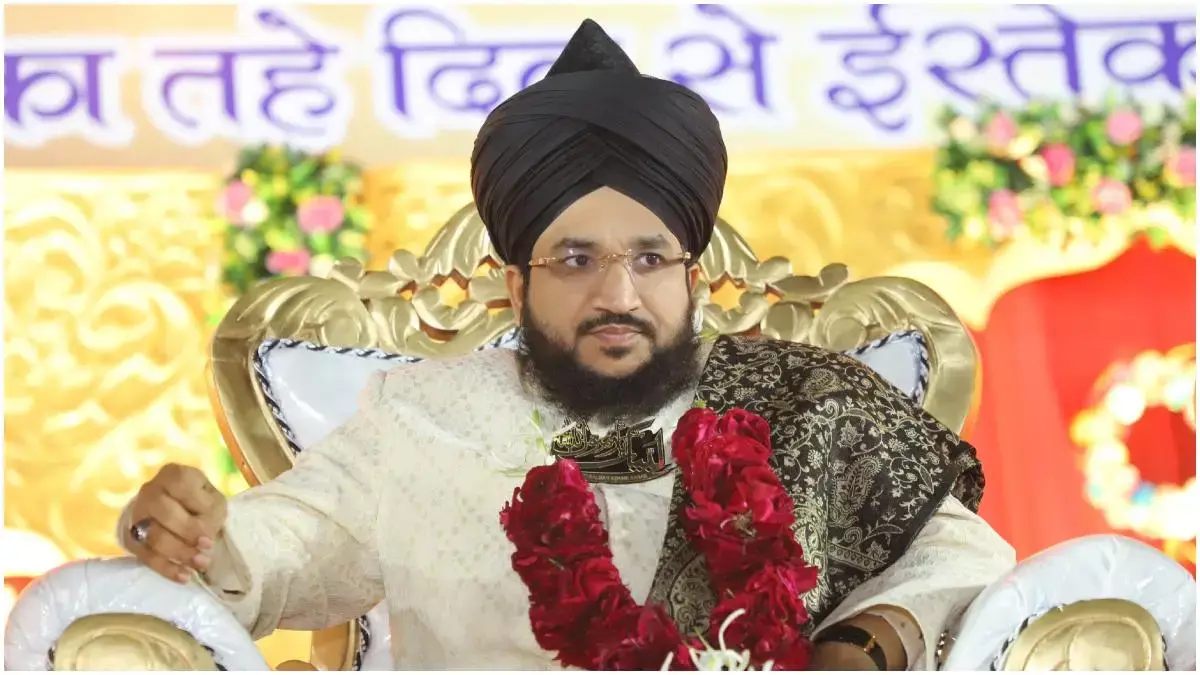Gujarat High Court Dismisses Maulana Mufti Salman Azhari's Plea Against PASA Detention
Bhavya Singh
5 Aug 2024 10:15 AM IST

Next Story
5 Aug 2024 10:15 AM IST
The Gujarat High Court has dismissed a petition filed by Maulana Mufti Salman Azhari challenging his detention under the Prevention of Anti-Social Activities Act (PASA). The Court ruled that despite Azhari's claims of not being given a proper opportunity to make a representation under Article 22(5) of the Constitution of India, the detention order was valid.The division bench comprising...
